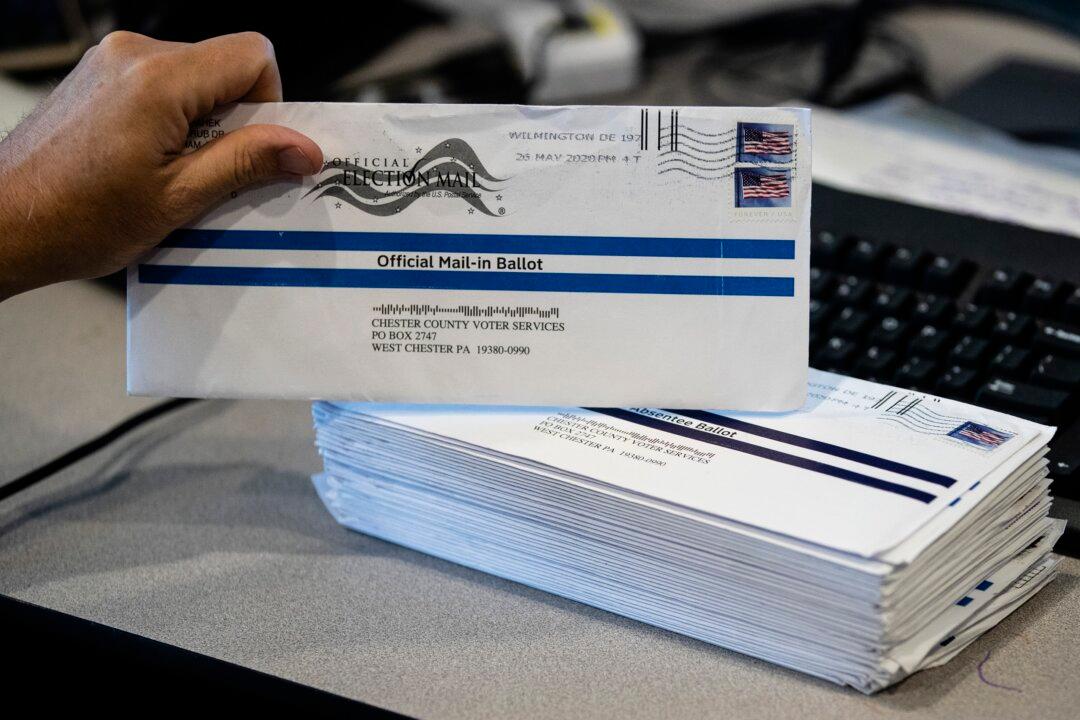The Pennsylvania Supreme Court on Saturday overturned a lower court’s order blocking election officials from certifying the results of the 2020 election. The court also dismissed the case with prejudice.
In an unsigned opinion, the state’s top court ruled to reverse Commonwealth Judge Patricia McCullough’s temporary injunction that would have prevented the state from taking further steps to complete the certification of the presidential race.




